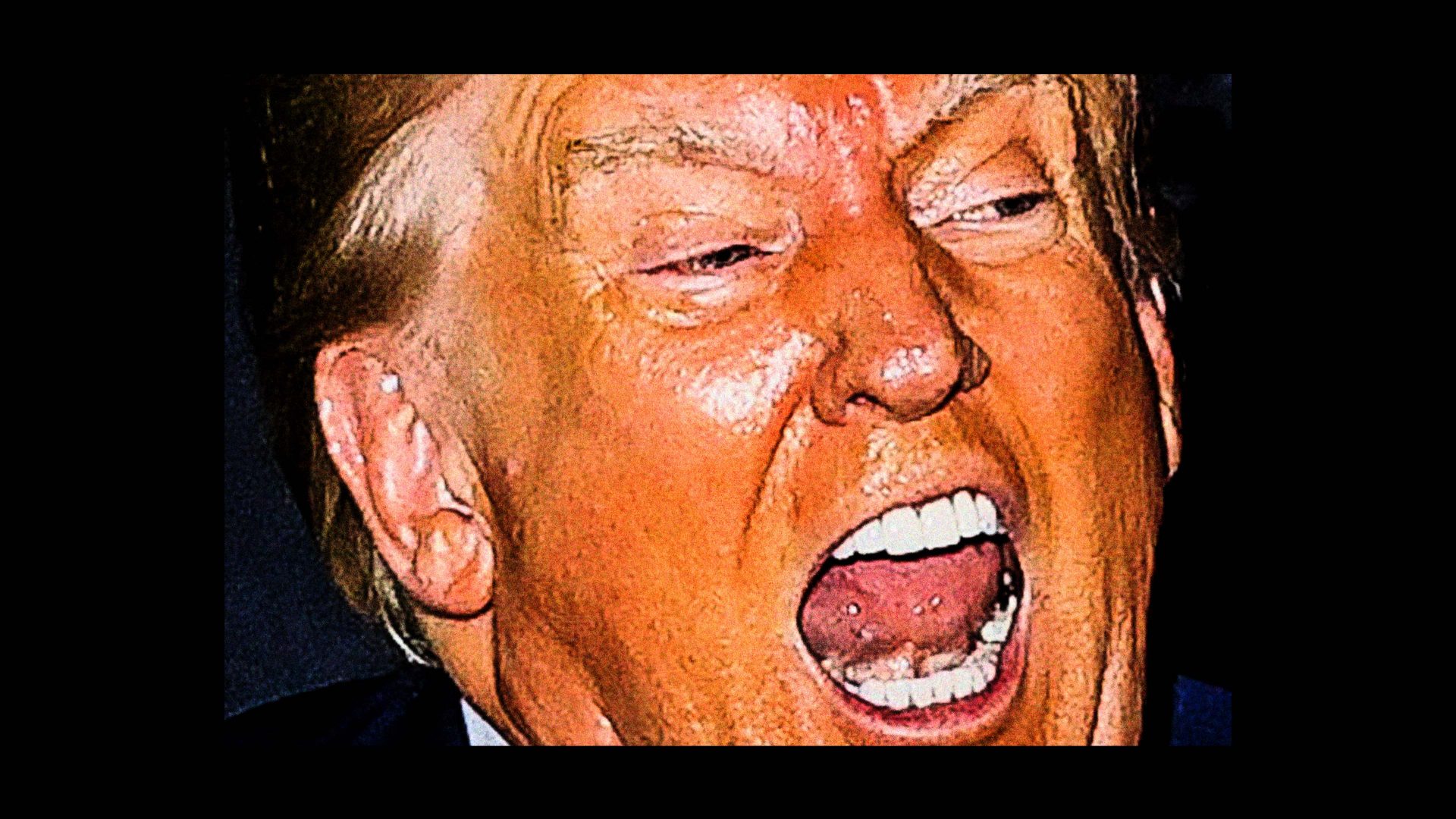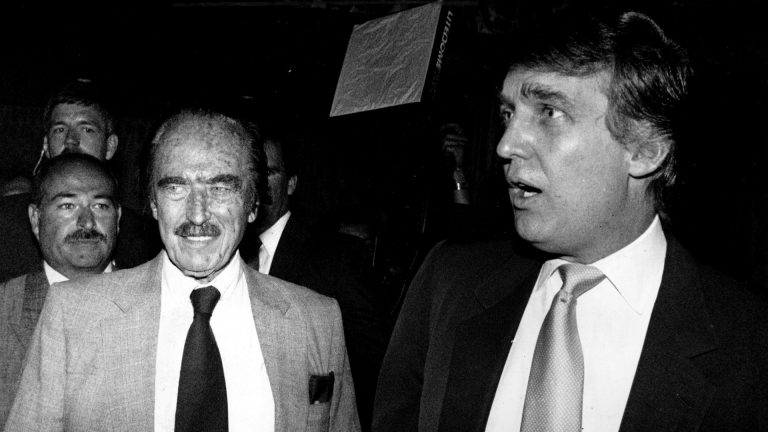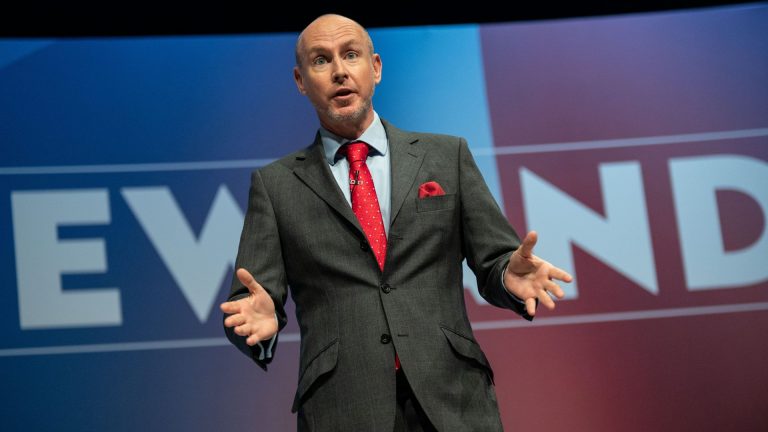Donald Trump has a zero-sum view of economics, which means that anyone else’s profit, or growth is at the expense of the United States. This is why he says such stupid things, for instance that the EU was “formed in order to screw the United States”.
The EU was actually formed with the help and encouragement of the United States – back when it had a functioning and intelligent foreign policy – to create a bloc opposed to the spread of communism.
But if it is ever to be a threat to the USA, it is Donald who will make that possible, because the EU has experienced a miraculous transformation in the last two months.
You might have assumed, from reports in the British press, that the EU was on its knees, sclerotic, ageing, tired, falling behind the rest of the world, and doomed to a slow and ignominious decline. Recent headlines like The Spectator’s “Is the EU heading for a fresh financial doom?” Or the Telegraph’s “Europe is again on the brink of financial Armageddon. This time it may not step back” or even “Europe is finished: The continent is incapable of recovering from its present economic, military and demographic crises”, certainly gave that idea.
But what a difference a couple of months of a Trump presidency can make.
Now even the Telegraph is reporting that “Trump is making Europe great again:
Uncertainty caused by the US president is helping to narrow the Atlantic growth gap” and “Money is fleeing the US to Europe – let’s hope it’s warranted. The Continent is beginning to look like a safe bet against Washington’s bedlam.”
The tragic and strange decline of Trump’s America by all accounts is a godsend to Europe and one it needs to grasp with both hands. While this week’s announcement of 25% tariffs on all imported cars is a huge blow to European car makers, the policies necessary to let the EU benefit from America’s idiocy and boom again are well known and should be put in place immediately.
We have Mario Draghi to thank for that, as his report last year on how to transform the EU is now a blueprint for how to react to American hostility and isolationism.
It will mean finally finishing the creation of a Single Market, and less regulation, especially for small and medium-sized businesses. The EU also needs to unite its fragmented capital market, harmonise taxation and insolvency rules, encourage a clearing system, and a banking union, all of which should allow Europe to compete with Wall Street in creating far more capital and investment.
This is the way to close the technology gap with America, improve innovation and help to grow large companies inside the EU. At the moment, one third of all “unicorn” companies (privately owned start-ups worth over $1bn) founded in Europe move abroad, and the main factor is the lack of finance and investment. Solve that and they will stay.
Here the EU may be pushing at an open door, the attractiveness of America as a safe place to invest and grow has taken a huge hit since Trump’s election, as has its science base. Europe should be inviting US scientists, researchers and academics to relocate to Europe. Immigration policy will have to change to meet that challenge.
The EU also needs to invest far more, and here too Trump is a great help. His abandonment of the post-war order means European defence spending is going to soar. Just this week Sweden announced an increase in its defence budget from 2.4% of GDP to 3.5%. Its huge and highly competitive defence industry will benefit, as will pretty much every defence business in Europe, which is why their shares are doing so well.
They will also benefit from the EU’s new €150bn defence fund, specifically designed to spend its money only in Europe. Since the EU also needs massive levels of new investment by the state, it seems that Trump has helped get that policy into action almost immediately.
But in order to do all this, Europe also needs to reform its politics. It needs much more qualified majority voting and far fewer vetoes, and also needs to stop the protection of “national champions” and instead create “Continental champions” especially in the defence sector and high-tech industries. The Single Market is still a work in progress. Extending it to incorporate the services sector, including banking and finance, could create a new global financial superpower.
All of this would be far easier for the EU to achieve if the UK were still a member. We were the leaders of the free market bloc in the EU and London is still the financial capital of Europe, a preeminence that is increasingly under threat. We are on the outside looking in, begging to be part of the EU defence fund.
If the EU can take advantage of America’s madness and use it as the reason to push through difficult reforms, it will boom again. Spain is already one of the best performing economies in the world and German manufacturing is down but not out. Europe will need to endure a painful rebalancing, but huge levels of new German government investment are on the way. The Franco-German axis needs refreshing and strengthening, the EU needs far more power and influence on foreign and defence policy.
But none of this is impossible and the urgent need to move fast is being impressed on everyone every time Trump opens his mouth.
Britain will be on the outside, hoping to be invited in to share some of the largesse. As this week’s Spring Statement showed, Britain is in desperate need of more investment and growth. If only there were an economic superpower nearby, one we could trust, and work with to our mutual advantage. If only.










